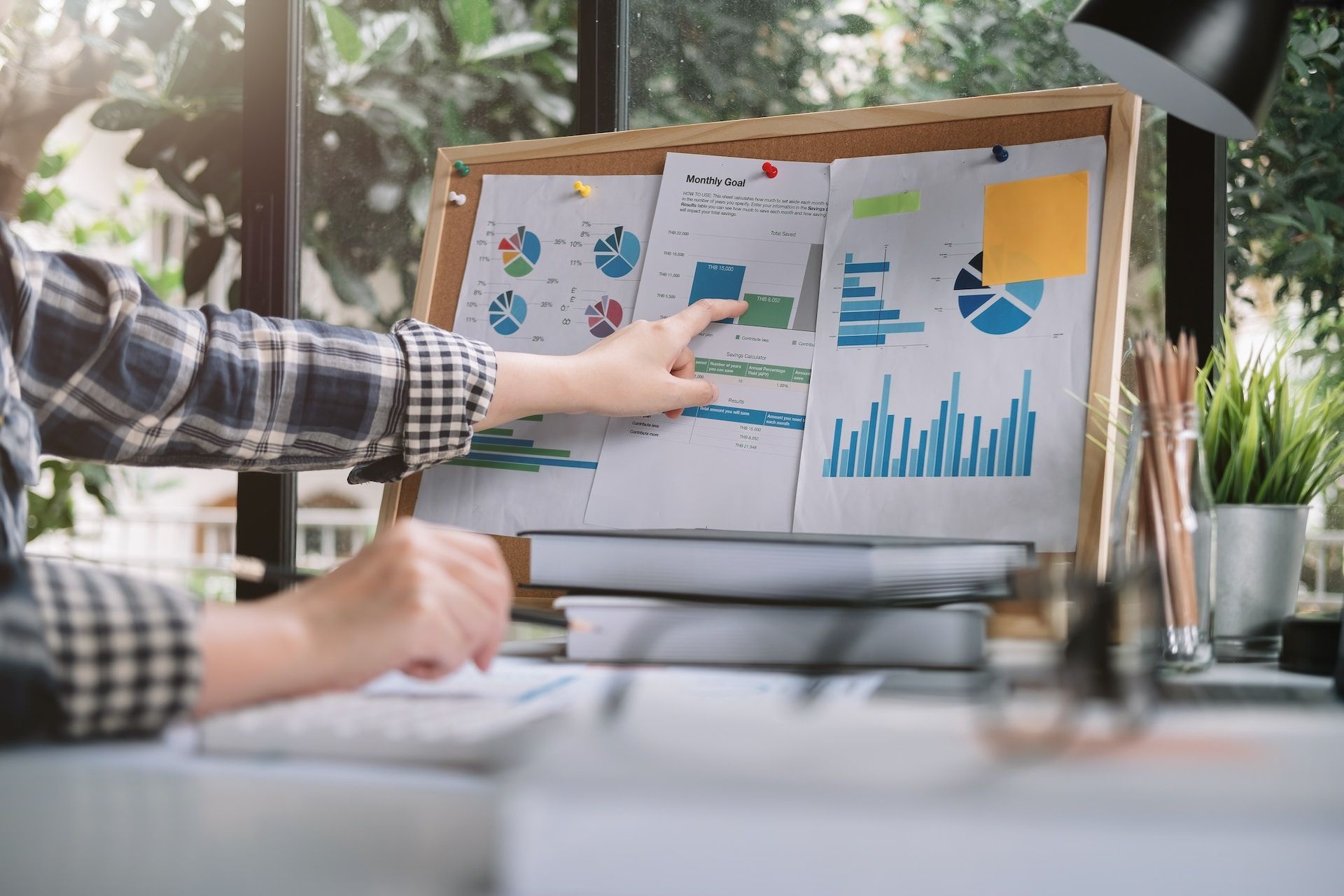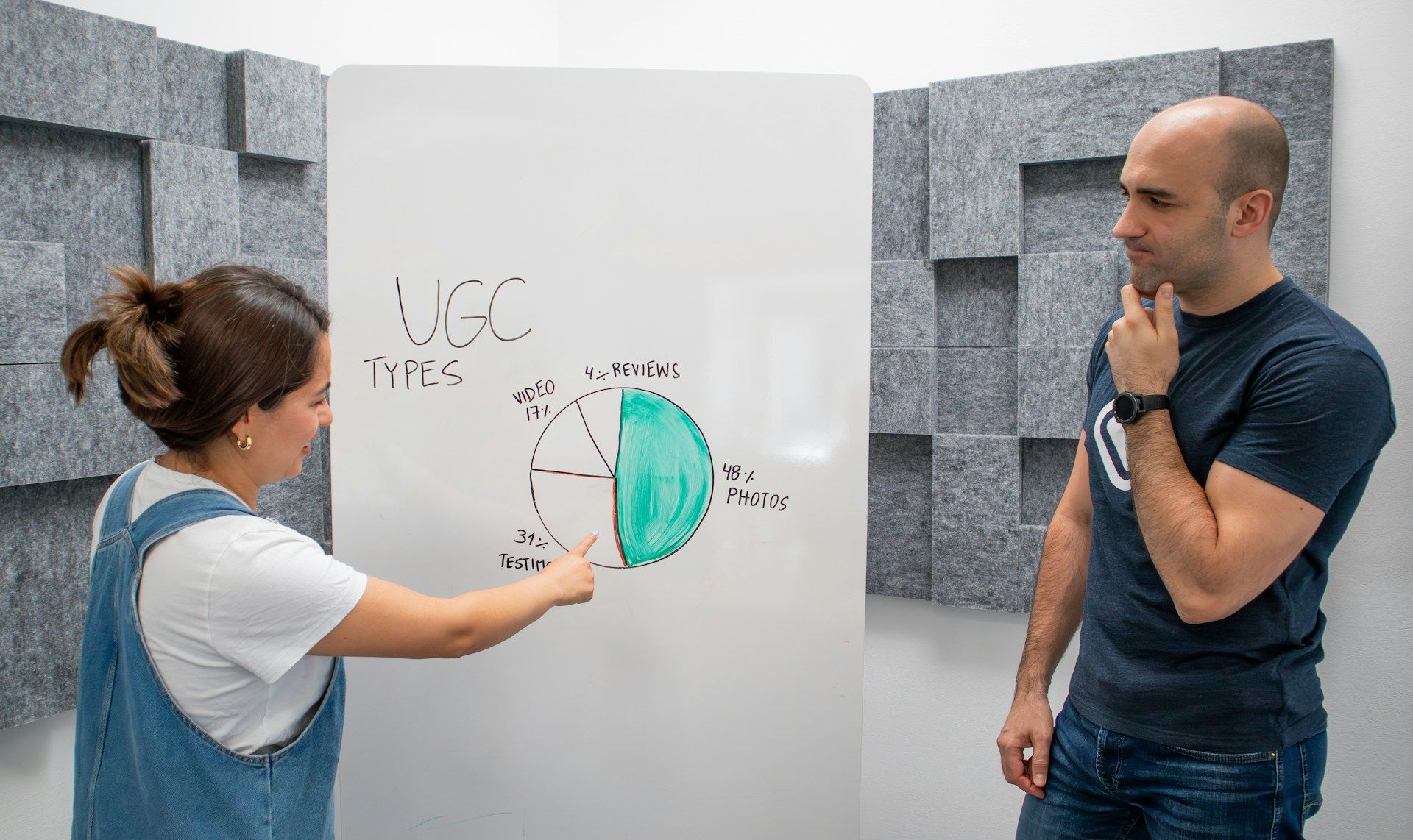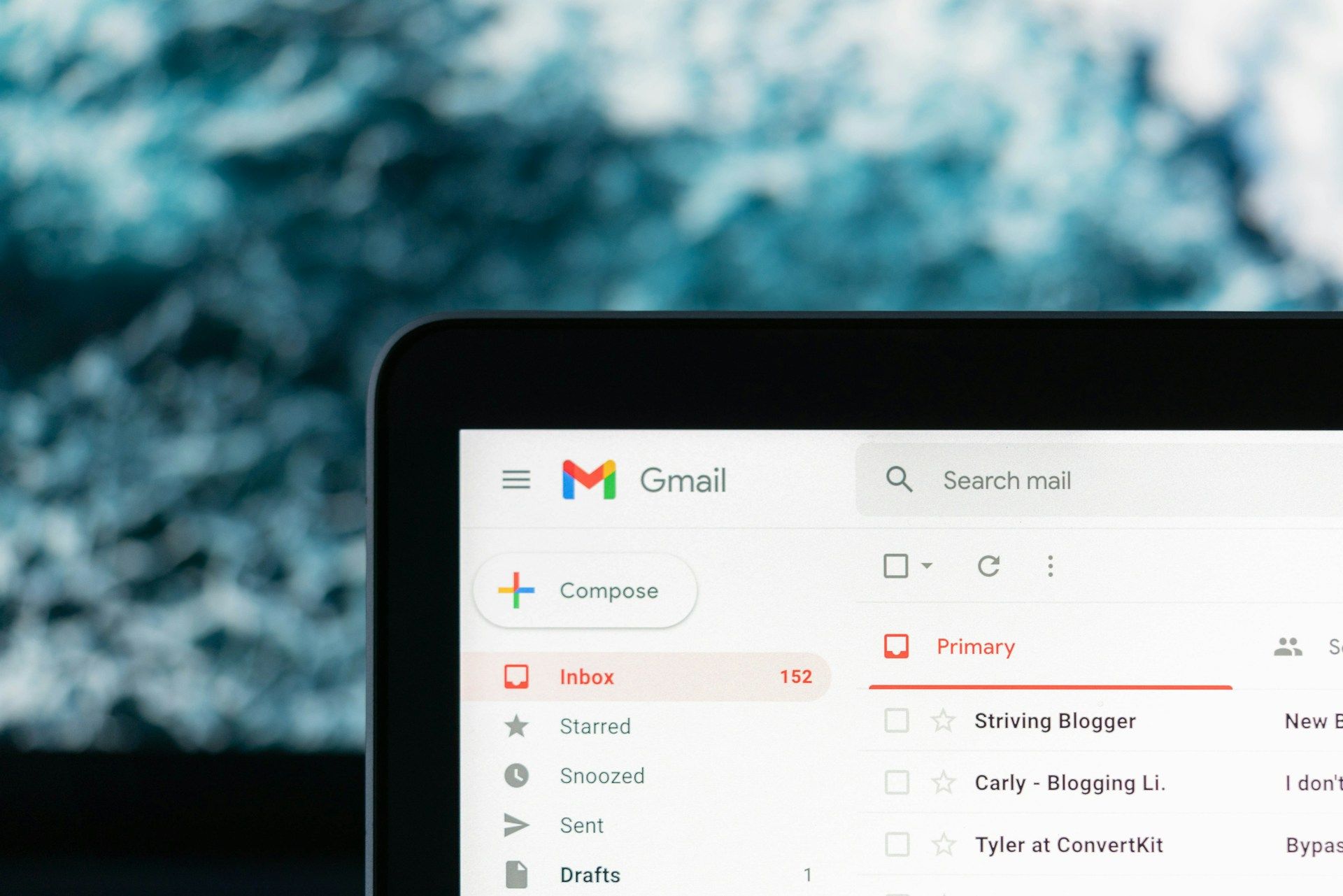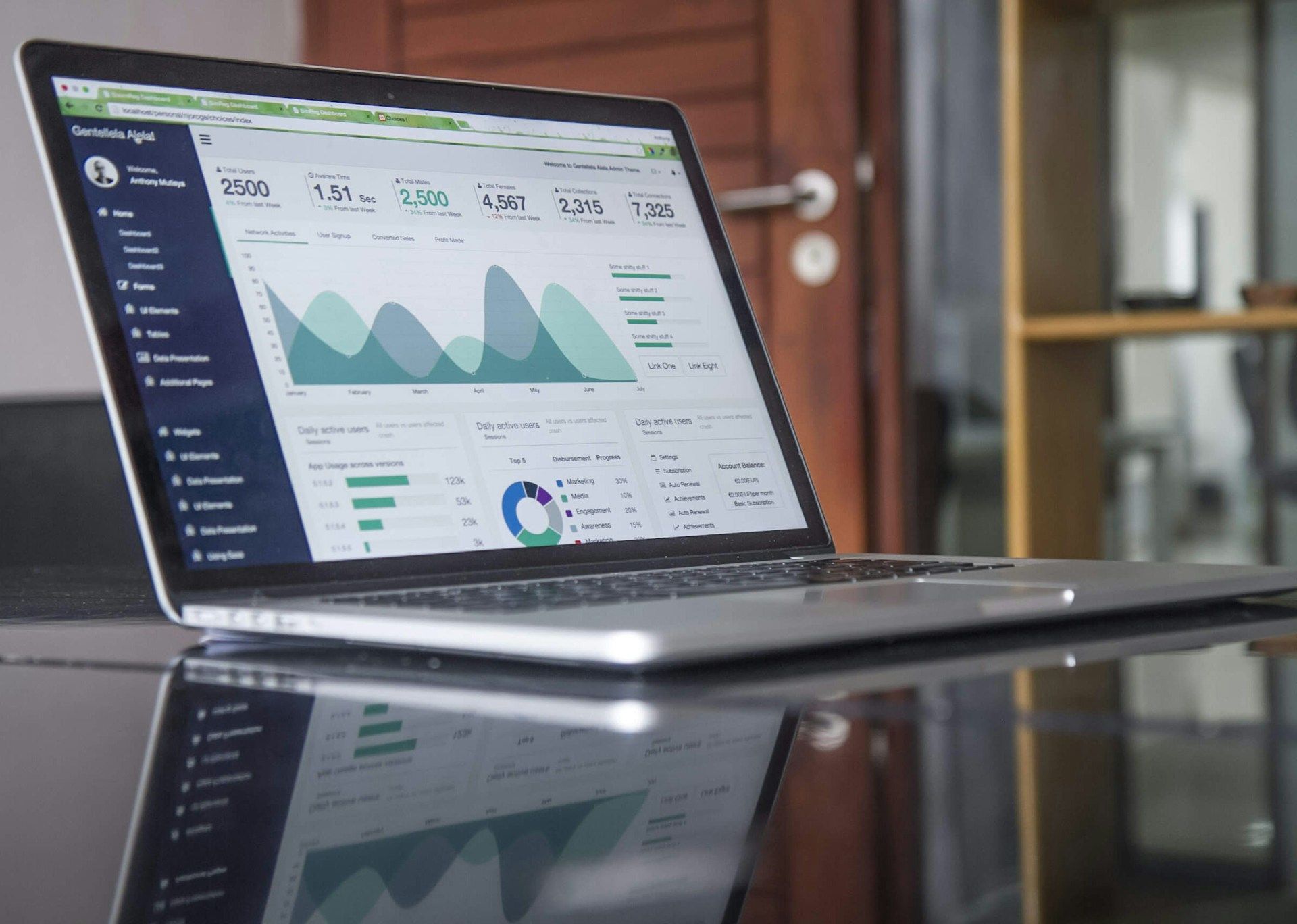
8 Essential On-Page SEO Factors Every Business Must Prioritize
It's no secret that optimizing your website is crucial for achieving higher search engine rankings, which ultimately leads to increased organic traffic and the potential to generate more conversions. While there are various aspects of search engine optimization (SEO) to consider, on-page SEO factors are among the most influential when it comes to improving your site's visibility and performance.
In this digital age, businesses simply cannot afford to overlook the importance of on-page SEO. With this in mind, we've assembled a list of the top 10 essential on-page SEO factors that every business should prioritize for its website. By focusing on these critical elements, you can enhance your website's user experience, ensure that search engines can easily crawl and index your pages, and stand out amongst competitors vying for the same market.
Get ready to discover how optimizing these essential on-page SEO factors can help your business scale new heights in search engine rankings and drive more organic traffic than ever before. Keep reading to unlock the secrets of SEO success!
1. Title Tags: First Impressions Count
Title tags play a paramount role in on-page SEO as they directly influence how search engines and users interpret your page. This HTML element determines the title displayed on search engine results pages (SERPs) and attracts users to click on your link. Research has shown that title tags incorporating primary keywords perform better in terms of SEO and click-through rates (CTR).
To optimize your title tags:
- Keep them within the recommended length of 50-60 characters.
- Place the target keyword at the beginning of the title.
- Use unique title tags for each page to avoid duplication.
- Consider including your brand name to create consistency and build trust.
2. Meta Descriptions: Clarity and Appeal
While not a direct ranking factor, meta descriptions play a vital role in enticing users to visit your website. These concise summaries provide search engines and users with an overview of your page content. A well-crafted meta description can significantly impact your organic CTR.
Follow these best practices for optimizing meta descriptions:
- Keep them between 150 to 160 characters to prevent truncation.
- Incorporate primary and secondary keywords naturally.
- Use active language and persuasive messaging to encourage clicks.
- Ensure each meta description is unique across your site.
3. Header Tags (H1, H2, H3): Organize your Content
Header tags (H1, H2, H3) serve as a hierarchical structure for your content, making it easier for search engines and users to comprehend. The H1 tag is the primary topic of the page, while H2 and H3 tags provide subheadings and additional details.
These tags can improve your search engine rankings by making content easily navigable for both humans and search engine crawlers.
Use header tags effectively by:
- Assigning just one H1 tag to each page to establish the primary topic.
- Incorporating target keywords in H1, H2, and H3 tags where relevant.
- Maintaining a logical and clear structure throughout your content.
- Keeping header tags brief and descriptive.
4. Keyword Optimization: The Power of Precision
Keywords are the foundation of your on-page SEO strategy, serving as indicators for search engines to determine the content's relevance to user queries. Consequently, optimizing your content for targeted keywords is crucial in achieving higher SERP rankings. Keyword research tools, such as Google Keyword Planner or Ubersuggest, can help identify high-traffic and low-competition keywords to target.
Here's how to optimize your content with keywords:
- Identify primary and secondary keywords to target in each piece of content.
- Use primary keywords in critical on-page elements like title tags, meta descriptions, and header tags.
- Achieve a natural keyword density by avoiding keyword stuffing, which can harm your rankings.
- Use keywords effectively within your content, making sure they provide value and context to your readers.
5. Content Quality and Readability: Substance and Style
Creating high-quality content is crucial for on-page SEO success, as search engines prioritize websites with unique, valuable, and user-friendly content. Factors like word count, relevance, readability, and proper use of media, such as images and videos, can influence your content quality and, consequently, your SEO performance.
To ensure content quality and readability:
- Produce substantial, well-researched articles with a minimum word count of 300 words.
- Use short paragraphs, bullet points, and subheadings for easier content consumption.
- Avoid using jargon or excessively complex language.
- Include relevant images, videos, and infographics to complement your text.
6. Internal Linking: Weaving the Web
Internal linking is the practice of linking one page on your website to another related page. This practice is not only vital for on-page SEO but also enhances user experience by facilitating easy navigation. Additionally, internal linking helps search engine crawlers discover and index your content effectively.
To create an effective internal linking strategy:
- Link to contextually relevant content within your website.
- Aim for a natural, unforced linking pattern to maintain the integrity of your content.
- Use keyword-rich anchor text for better search engine understanding.
- Maintain a balance between internal and external links in your content.
7. Mobile-Friendliness: A Modern Necessity
With 55.9% of global internet traffic generated through mobile devices in 2021, ensuring that your website is mobile-friendly is crucial for on-page SEO. Google's Mobilegeddon update confirmed that
mobile-friendliness is a significant ranking factor.
Ensure a mobile-friendly website by:
- Using a responsive design that adapts to various screen sizes.
- Optimizing content for faster loading times.
- Ensuring easy-to-use navigation and legible text.
- Avoiding pop-ups and intrusive interstitials that disrupt user experience.
8. Image Optimization: A Picture's Worth a Thousand Words - and SEO Points
Images can significantly impact user experience and on-page SEO. However, unoptimized images can slow down your page load time, leading to higher bounce rates and lower search rankings. Hence, image optimization is crucial for improving your site's performance and search engine visibility.
To optimize your images for on-page SEO:
- Resize and compress your images for quicker load times.
- Use descriptive filenames and alt text featuring relevant keywords.
- Choose the appropriate image format (JPEG, PNG, etc.) based on image type and quality.
- Implement lazy loading to prioritize content above the fold.
Securing Success with On-Page SEO Best Practices
Optimizing your on-page SEO is essential for driving organic traffic, boosting search engine rankings, and ensuring a user-friendly experience for your visitors. By prioritizing the right factors, such as title tags, meta descriptions, keyword optimization, content quality, internal linking, mobile-friendliness, and image optimization, you set a solid foundation for your website to thrive in an increasingly competitive digital landscape.
At Morningdove Marketing, we understand the myriad of challenges that businesses face in their quest for better online visibility. Our affordable and effective SEO services cater to the unique needs of your business, enabling you to unleash its full potential. Take the plunge and invest in expert on-page SEO services to increase your website's visibility and generate more leads for your business.
Ready to elevate your on-page SEO and boost your online performance? Get in touch with our team at Morningdove Marketing today and discover the difference our
local business SEO packages can make.












